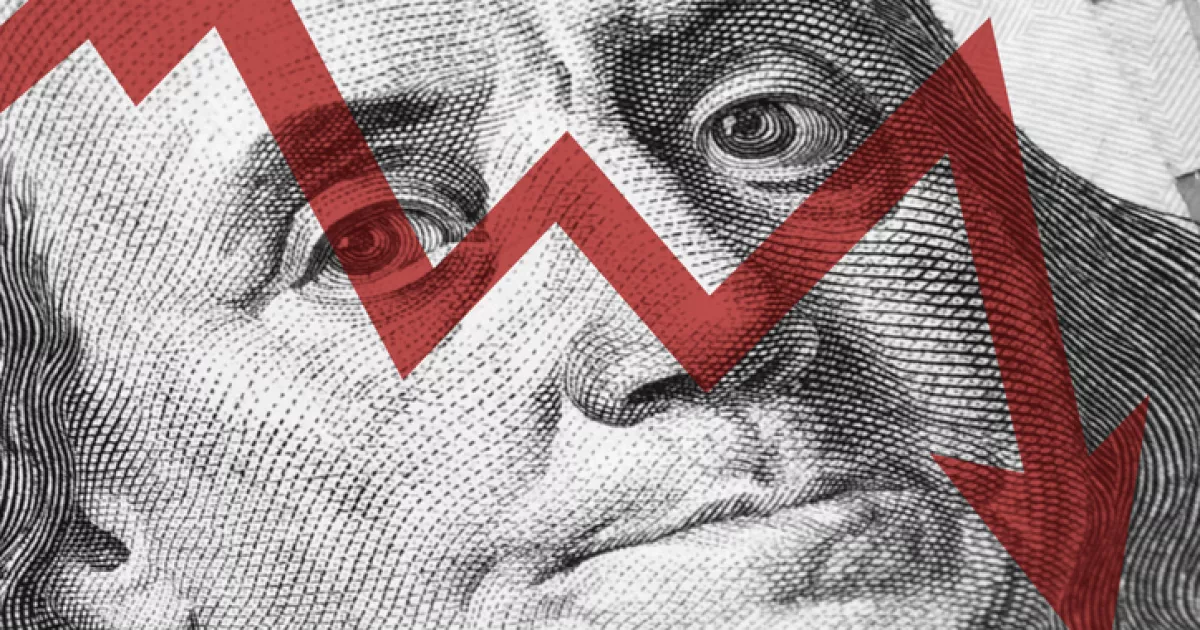The latest World Bank forecasts point to a “sharp and lasting slowdown”, with global growth of 1.7%, approximately half of what was forecast in June, according to the latest “World Economic Outlook” report.
recession risk
This would be the weakest pace of growth in almost three decades and is only overshadowed by the 2020 pandemic-induced recession and the 2008-2009 global financial crisis.
“Given the fragile economic conditions, any new adverse event… could push the world economy into recession,” according to the World Bank. Those factors include higher-than-expected inflation, sharp jumps in interest rates to curb prices, or a return of the pandemic.
In advanced economies like the United States, growth will probably slow to 0.5% in 2023, 1.9 points below previous forecasts. Meanwhile, the euro area is expected to stagnate.
For China, growth of 4.3% is expected this year, 0.9 points less than what was calculated in June.
The outlook is “especially devastating for many of the poorest economies, where poverty reduction has already stalled,” the bank added.
“Emerging and developing countries face a period of many years of slow growth hampered by heavy debt burdens and weak investment,” warned World Bank President David Malpass.
Although central banks, including the US Federal Reserve (Fed), have raised interest rates over the past year to contain rising prices, the burden on economies will “get worse” as the policies take effect, according to the WB.
“The three main engines of global growth – the United States, the euro zone and China – are experiencing pronounced weakness, with adverse repercussions for emerging market and developing economies,” the bank added.
For the time being, inflation has risen on the back of the pandemic, supply shocks and, in some cases, currency depreciations relative to the strength of the US dollar.
Although expected to decline, inflation will remain above pre-pandemic rates, according to the bank.
Slow and weak growth does not yet mark a recession, said Ayhan Kose, the bank’s chief economist.
“In the short term, we focus on the risk of possible financial tensions, if interest rates rise further in the world,” he told AFP.
If this happens and, furthermore, inflation persists, “a world recession could be triggered,” he said.
Poverty, climate
Among the most affected areas is sub-Saharan Africa, which concentrates around 60% of the world’s extreme poverty.
The expectation is that the growth of its per capita income during this year and the next will average only 1.2%, which is “a rate that could cause poverty rates to increase, instead of decreasing,” according to the BM.
The report also points to the challenges of small countries, with a population of 1.5 million or less, which have been particularly affected by the pandemic.
Those countries often suffer losses from weather disasters “averaging about 5% of GDP per year,” the bank says.
“Given the higher probability of these types of natural catastrophes, we must keep in mind that these risks will materialize more often in the future,” Kose stressed.

















